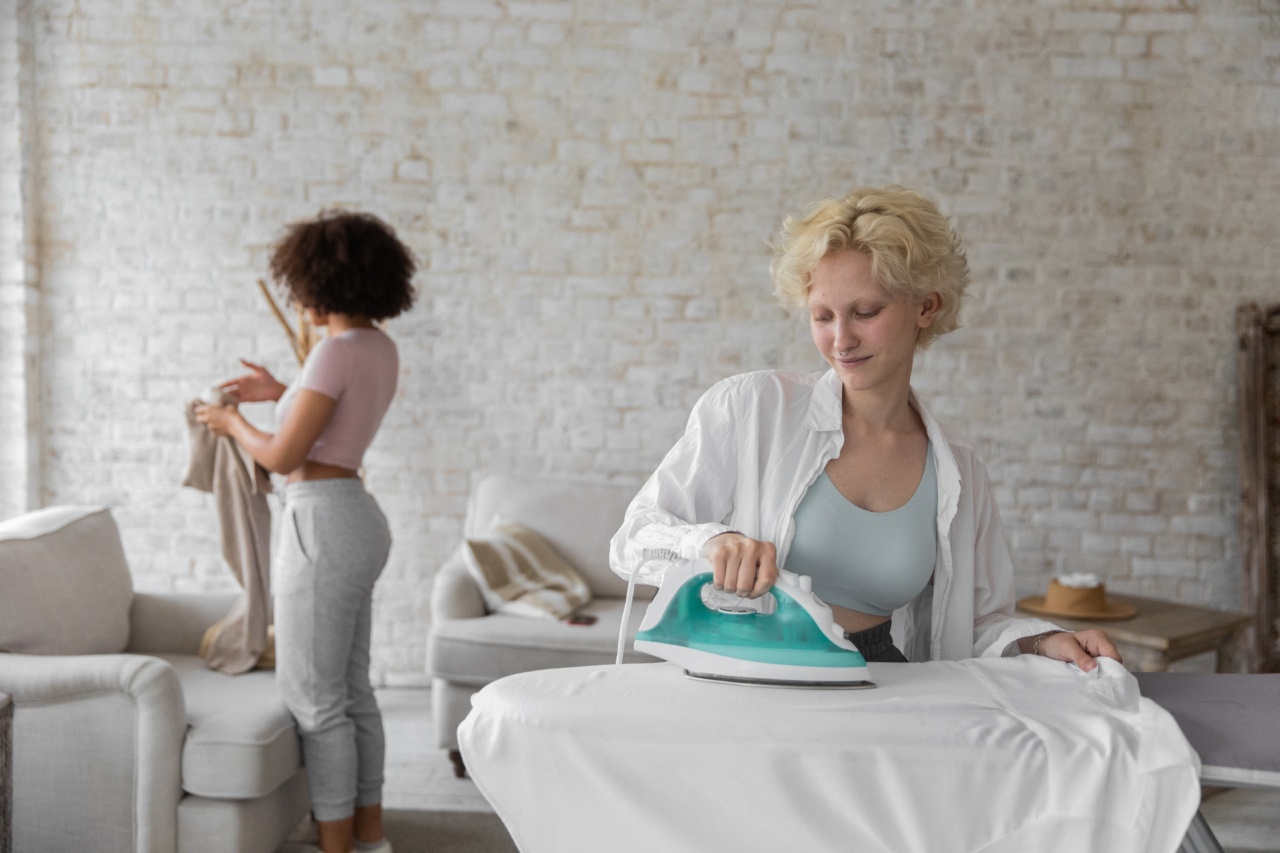Domestic duties are chores and responsibilities that make up the everyday lives of individuals and families. These duties include cleaning, laundry, cooking, childcare, and many more domestic tasks that require time and effort to complete.
Historically, such domestic tasks were mainly reserved for women in households, while men held the primary income-earning responsibilities outside the home. Consequently, the gender division of household chores will most likely impact the emotional and physical aspects of the couples’ relationship.
Recent studies reveal that when domestic duties are equally shared between both partners, the relationship becomes more harmonious, and it also helps to fuel a more satisfactory sex life.
Shared Household Chores Leads to More Satisfying Relationships
Studies indicate that couples who share domestic duties equally experience more relationship satisfaction. The balance in responsibility for keeping the home in order results in a healthy relationship between the couple.
When both parties feel valued and appreciated in the division of labour, problems associated with domestic imbalance are significantly reduced.
Equality in domestic duties contributes to both parties sharing an equal load of responsibility.
Many partners feel resentful and unappreciated when they feel the burden for household chores falls solely on their shoulders; therefore, a shared commitment reduces the likelihood for negative feelings in relationships.
Division of Domestic Duties and its Effect on Intimacy
Sharing domestic duties benefits the emotional and physical aspects of a relationship between couples. When men help around the house instead of simply expecting their partners to do everything, it lowers their stress levels.
And when women feel their partners are fully invested in the domestic space, it makes them feel appreciated and loved.
When both partners have equal responsibility for household tasks, it reduces emotional exhaustion, anxiety, and stress levels, consequently leading to a higher quality of life, greater emotional and psychological satisfaction, and ultimately, a much sexier sex life.
How an Equal Division of Chores Empowers Women
By sharing domestic responsibilities, women are more likely to feel empowered and appreciated. It is very much a win-win situation when concerning couples sharing home duties.
A woman will not be overburdened with the household tasks, which takes a lot of effort and time to complete, resulting in increased quality time between both partners. An empowered woman will undoubtedly feel more confident and fulfilled within herself, which will ultimately result in an increase in her sex drive and relationship satisfaction.
Traditionally, sharing domestic duties is perceived as a woman’s problem, and many men have grown up thinking that doing household chores is inappropriate and also seen as ‘women’s work.’ These outdated cultural beliefs affect the level of participation in household work shared among couples. However, in modern times, the work outside the home is shared, and therefore the workload inside the home should be shared equally too.
Benefits of Sexual Activity in a Relationship
Sexual activity is integral to the emotional and physical wellbeing of human relationships, and it contributes to a couple’s affection and commitment to each other.
Research has shown that sexual activity can help relieve stress, anxiety, and other mental health issues, and it also increases general wellbeing. The benefits of sexual activity are linked to the chemical changes that occur during sexual activity, which include the release of oxytocin, dopamine, and endorphins.
The release of these chemicals is vital to mood regulation, stress relief, happiness, and general health.
Couples Sharehousehold Chores and Partner Satisfaction
When couples share household duties, each partner feels valued and appreciated. The resulting higher relationship satisfaction contributes to happier and healthier relationships.
These relationships, in turn, create an environment for more positive emotional connections and also fuel a better sex life. The division of household duties helps couples devote themselves more to their relationships, creating a more loving and harmonious partnership.
The sharing of household chores reduces the burden of domestic responsibilities, resulting in increased participation and enthusiasm for sexual activity, leading to an overall increase in physical and emotional intimacy.
Studies have indicated that couples who share domestic duties equally end up having a more satisfactory sex life and a more loving partnership.
The Importance of Communication
Communication is important in any partnership; this is also true when it comes to sharing household functions and chores. Communication helps to manage expectations, resolve misunderstandings, and clarify who should do what.
The partner designated to complete household chores should communicate discreetly and openly if they find an overwhelming task. Transparent communication can help the sharing of household chores run smoothly between partners, and it contributes to overall satisfaction and wellbeing in a relationship.
Chores and Foreplay?!?
Sharing domestic duties can also act as foreplay! When both partners help at home, it takes the pressure off one partner. By sharing these chores, energy can be directed to spending quality time alone as a couple, intimacy, and sex.
Domestic tasks can be done together, such as cooking, washing dishes, or any other chores available. Consequently, sharing domestic duties is not just about maintaining a clean and organized home but also a way to connect more intimately, resulting in a healthier and happier relationship.
Conclusion
An equal division of domestic chores is crucial to the balanced and fulfilling nature of a relationship. It creates an environment for better communication, which is associated with happier and healthier relationships.
Sharing the workload promotes equality, open communication, empowerment, and improved emotional and physical wellbeing. All of these elements contribute to increased sexual satisfaction and increased happiness in general.




























